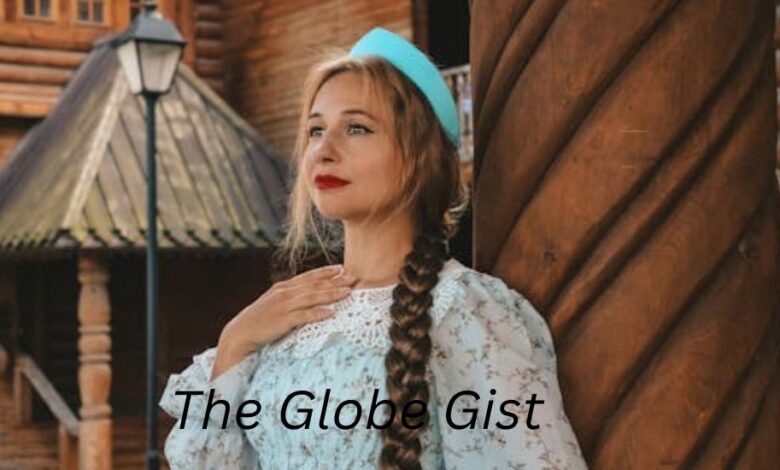Đeman: Meaning, Origins, and Cultural Insights

The term “đeman” can hold different meanings depending on the linguistic, cultural, and contextual lens through which it is examined. In certain cases, it appears as a stylized or phonetic variation of the English word “demand”, while in other contexts, it is a surname, a place name, or even a historical identity. This multiplicity of meanings makes đeman a fascinating term to explore, both from a linguistic perspective and a socio-cultural standpoint.
This article will delve into the meaning, etymology, possible synonyms, and different uses of the word “đeman,” as well as its presence in history, geography, and popular culture.
Linguistic Roots and Etymology
The origins of đeman can be traced along three main paths:
1. As a Derivative of “Demand”
In many informal or non-standard transliterations, particularly among speakers of languages without a native “d” sound or where phonetic spelling is preferred, demand may appear as đeman. This is especially common in chat slang, localized transliterations, or dialect adaptations where phonetics override standard English spelling.
The English word demand originates from the Latin demandare, meaning to entrust or to hand over. Over time, the word’s meaning evolved to signify asking for something with authority or requiring something as a necessity.
2. As a Surname or Family Name
In European contexts, particularly in Belgium and the Netherlands, Deman or De Man is a surname of Dutch origin. The literal translation of “De Man” is “the man”. Over the centuries, this surname was passed down through generations, sometimes losing the space to become “Deman.”
Several historical and cultural figures bear the name, including:
-
Paul Deman – Belgian cyclist and the first winner of the Tour of Flanders in 1913.
-
Olivier Deman – Contemporary Belgian professional footballer.
-
Rudolf Deman – German-Austrian violinist known for his contributions to classical music.
-
Edmond Deman – Notable Belgian publisher and bookseller of the late 19th century.
3. As a Geographic Name
In Azerbaijan, Deman (sometimes spelled Diman or Dyman) is a small village in the Yardymli district, within the municipality of Avaş. This geographic connection shows that the term is not solely linguistic but also locational.
Meaning of “Đeman” in Modern Usage
The meaning of đeman varies significantly based on context:
-
When used as a variant of “demand”: It implies a strong request, requirement, or need.
-
Example: “The teacher’s đeman for punctuality is strict.”
-
-
When used as a name: It functions purely as a proper noun without inherent meaning beyond identification.
-
When used in geographical reference: It identifies a specific place without metaphorical implications.
Đeman in Economics and Everyday Language
If we interpret đeman as demand, its significance in economics cannot be overstated. In this field:
-
Definition: The willingness and ability of consumers to purchase goods or services at different prices during a given period.
-
Types:
-
Elastic Demand – Highly responsive to price changes.
-
Inelastic Demand – Minimal change despite price fluctuations.
-
Derived Demand – Dependent on the demand for another product.
-
-
Importance: Demand drives production, influences pricing strategies, and shapes market trends.
In everyday non-economic contexts, “demand” (and thus đeman in its variant spelling) might simply refer to:
-
A formal request (“He made a đeman for an immediate explanation.”)
-
A necessity (“This job is physically demanding.”)
-
A strong expectation (“There is a high đeman for quality service.”)
Synonyms for “Đeman” (as Demand)
If đeman is being used in the sense of demand, the following synonyms may be relevant:
-
Noun synonyms:
-
Request
-
Requirement
-
Claim
-
Need
-
Command
-
Requisition
-
Desire
-
Ultimatum
-
-
Verb synonyms:
-
Ask
-
Request
-
Require
-
Insist
-
Order
-
Command
-
Call for
-
Press for
-
Historical and Cultural Significance of the Name “Deman”
In Belgium’s rich cultural history, the surname Deman appears in various artistic and intellectual circles. Edmond Deman, for example, was an influential art publisher who collaborated with symbolist artists in the late 19th century. His work played a role in preserving and promoting cultural movements that shaped European art.
Similarly, Rudolf Deman’s contributions to classical music in the early 20th century kept alive traditions of violin performance and pedagogy in Austria and Germany.
Đeman as a Place Name
Deman, Azerbaijan is a small but notable example of the word’s use in a geographic sense. Located in Yardymli Rayon, this village is part of a mountainous and culturally diverse region of Azerbaijan. Its location connects it with rural agricultural traditions, local crafts, and the cultural tapestry of the Caucasus.
Cultural Adaptations and Modern Usage in Digital Communication
In the age of texting and online slang, the spelling đeman may arise from:
-
Phonetic spelling: Representing the sound of “demand” using localized alphabets.
-
Stylistic variation: Used in usernames, online tags, or brand names to appear unique.
-
Cultural adaptation: Mixing Latin and regional scripts in modern internet communication.
Cross-Linguistic Notes
The Vietnamese alphabet contains the letter đ, which produces a “d” sound distinct from “d” in English. Thus, đeman in Vietnamese-based transliteration might sound similar to “demand” but with a specific phonetic identity.
Conclusion
The term đeman is a perfect example of how a single word form can span languages, cultures, and contexts—from economic theory to surnames, from European cultural history to Azerbaijani geography. It’s both a linguistic curiosity and a cultural connector.
Whether seen as a localized spelling of demand, a respected surname, or a small village name, đeman reflects the richness of language and the diverse ways in which humans attach meaning to words.
In researching and understanding such terms, we not only expand our vocabulary but also deepen our appreciation for the interplay between language, history, and identity. This exploration into đeman offers a small yet meaningful insight into that complexity.
The Globe Gist, continues to document and share such linguistic and cultural journeys, ensuring that the intricate stories behind words like đeman are preserved and understood for years to come.
Thanks for read our article if ou want more like this kind of article visit our site The Globe Gist, andcomment us.


